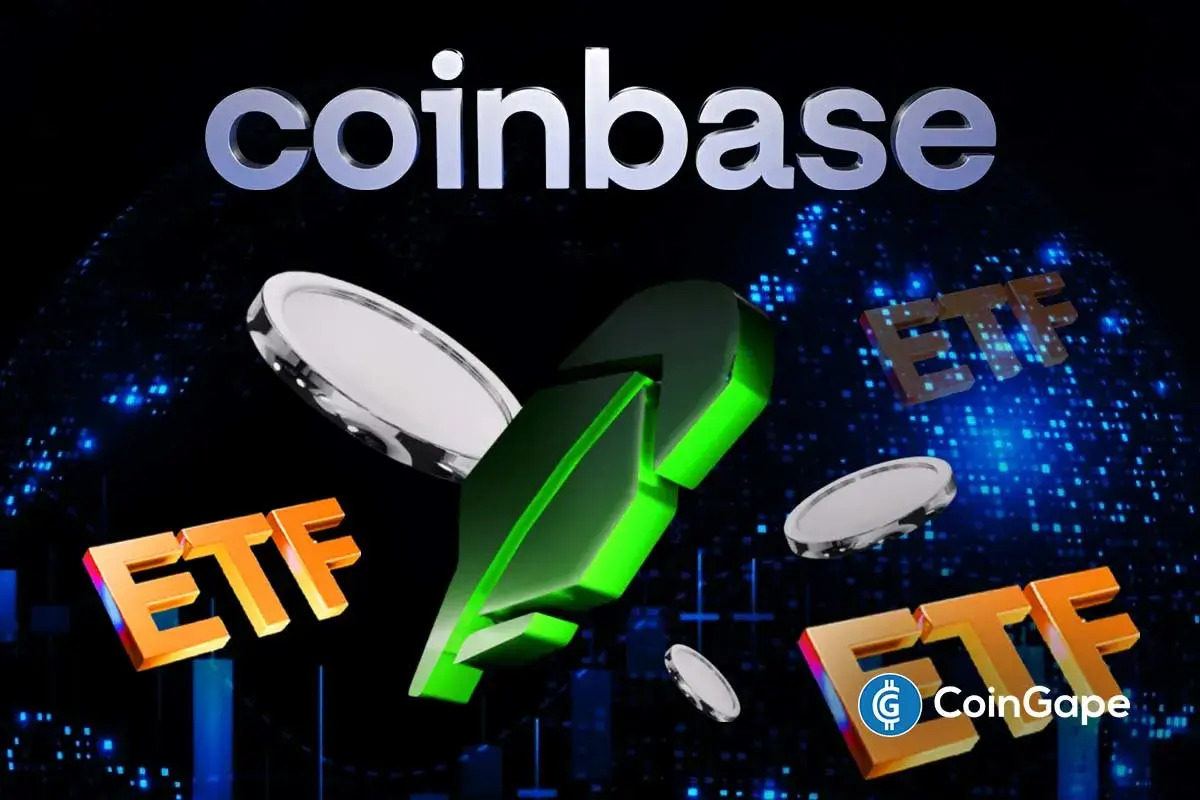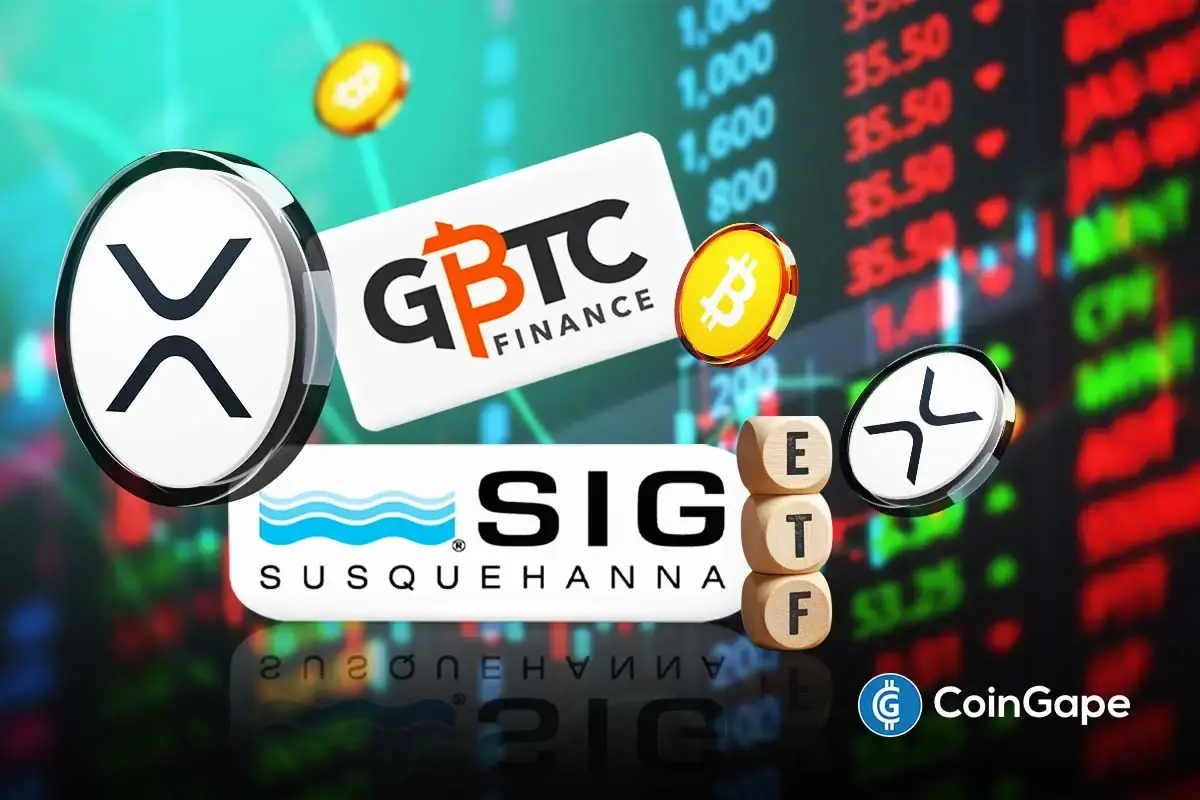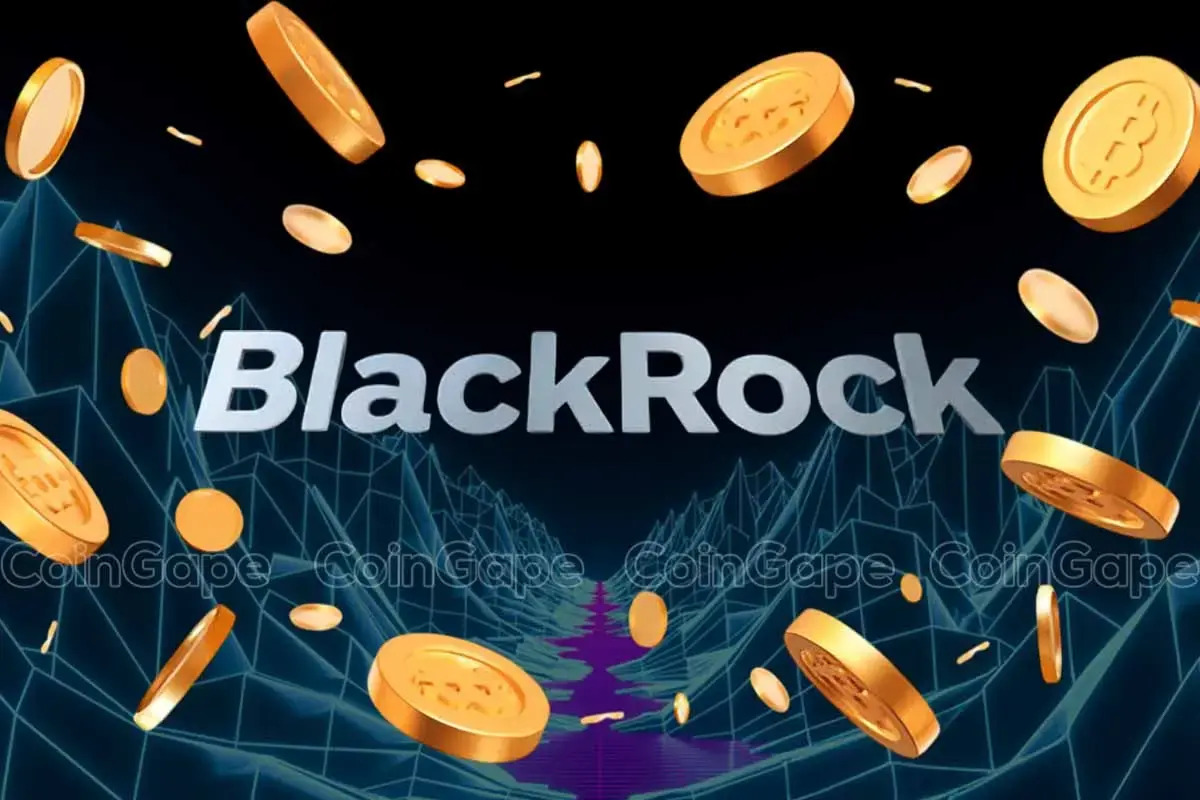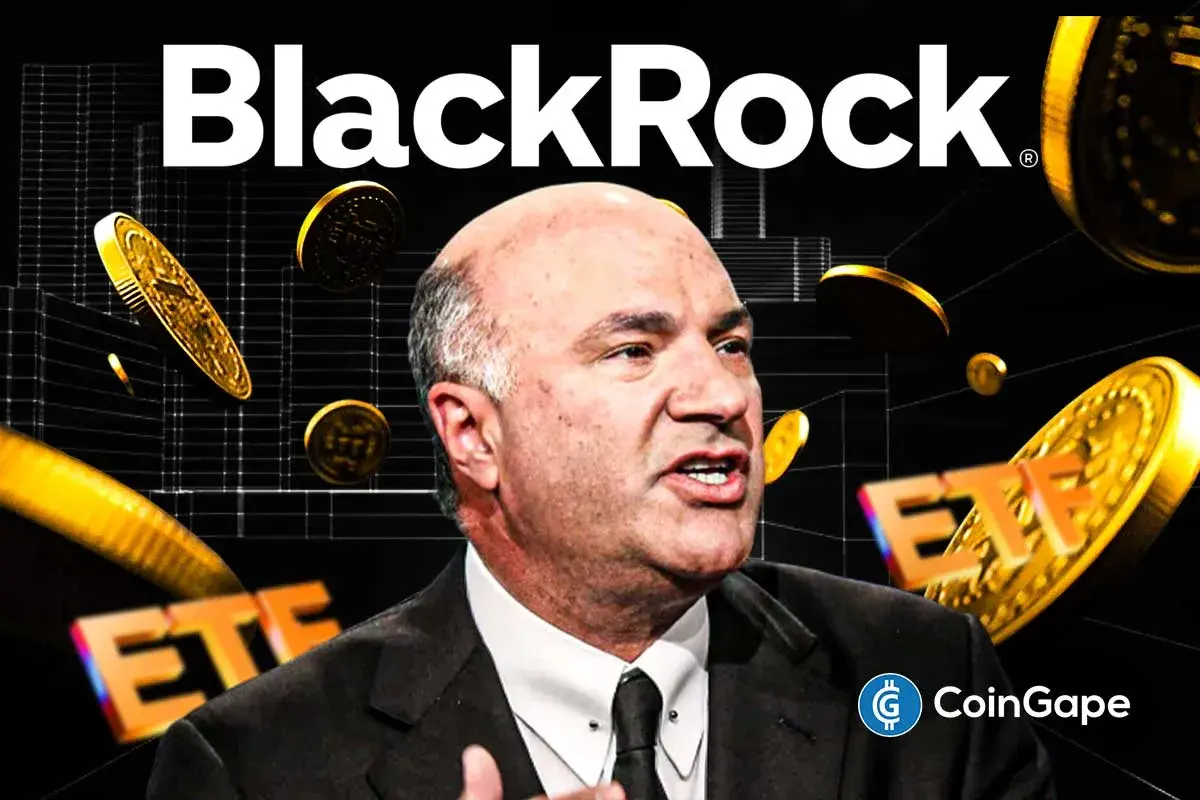Hong Kong Regulators Mull Retail Participation in Spot Crypto ETFs

Under its ambitious plan of becoming a digital assets hub in Asia-Pacific, Hong Kong regulators are now mulling the idea of allowing retail players to invest in spot Crypto ETFs.
Hong Kong Joins the Crypto ETFs Bandwagon
The demand for spot crypto ETFs has surged in recent times with giants like BlackRock participating. Also, the first spot Bitcoin ETF in the US is very much on the horizon and only a month or two away from here.
Hong Kong’s Securities and Futures Commission Chief Executive Officer Julia Leung said they are considering retail investor participation in spot crypto ETFs subjected to regulatory approvals. She added:
“We welcome proposals using innovative technology that boosts efficiency and customer experience. We’re happy to give it a try as long as new risks are addressed. Our approach is consistent regardless of the asset.”
While both the US and Hong Kong permit futures-based cryptocurrency exchange-traded funds (ETFs), the adoption has been relatively modest in comparison to the broader fund industry. In Hong Kong, there are currently listings for ETFs such as Samsung Bitcoin Futures Active, CSOP Bitcoin Futures, and CSOP Ether Futures, with a total combined asset value of approximately $65 million.
In compliance with the SFC’s digital-asset regulations, individual investors have the opportunity to trade prominent cryptocurrencies like Bitcoin and Ether on licensed cryptocurrency exchanges. Presently, BC Technology Group Ltd.’s OSL and HashKey Exchange are the sole platforms in Hong Kong possessing permits for cryptocurrency trading. Additionally, mandatory regulations regarding stablecoins, which are digital tokens designed to maintain a stable value, are anticipated to be introduced between 2023 and 2024.
As the crypto ecosystem evolves step-by-step to the point where we’re comfortable, then we’re happy to open up more access to the wider investing public,” Leung said in an interview last week. Interestingly, Hong Kong also unveiled its Web3 plans very recently.
Regulatory Framework
Hong Kong introduced a specialized regulatory framework for virtual assets in June as part of its strategy to regain recognition as a prominent financial hub. These regulations mean to attract businesses while also prioritizing investor protection, a necessity underscored by a recent alleged fraud of HK$1.6 billion ($204 million) at the unlicensed JPEX cryptocurrency exchange in the city.
Regarding this situation, Leung highlighted the essential need for a strong and all-encompassing regulatory structure. The Securities and Futures Commission (SFC) has taken steps to improve transparency in the processing of applications for licenses to operate virtual asset exchanges.
The Hong Kong Monetary Authority, the city’s central bank, is exploring the possibility of offering guidance to banks regarding the provision of digital asset custodial services. The availability of such services is considered a crucial factor in nurturing the growth of a digital asset ecosystem.
Play 10,000+ Casino Games at BC Game with Ease
- Instant Deposits And Withdrawals
- Crypto Casino And Sports Betting
- Exclusive Bonuses And Rewards

- US-Iran War: Reports Confirm Bombings In UAE, Bahrain and Kuwait As Crypto Market Makes Recovery
- XRP Price Dips on US-Iran Conflict, But Capitulation Signals March Rebound
- Crypto Market at Risk as U.S.–Iran War Threatens Inflation With Oil Price Surge
- Polymarket U.S.–Iran Strike Bets Fuel Insider Trading Speculation as Crypto Traders Net $1.2M
- Cardano’s DeFi TVL Climbs as USDCx Stablecoin Launches on Network
- Top Analyst Predicts Pi Network Price Bottom, Flags Key Catalysts
- Will Ethereum Price Hold $1,900 Level After Five Weeks of $563M ETF Selling?
- Top 2 Price Predictions Ethereum and Solana Ahead of March 1 Clarity Act Stablecoin Deadline
- Pi Network Price Prediction Ahead of Protocol Upgrades Deadline on March 1
- XRP Price Outlook As Jane Street Lawsuit Sparks Shift in Morning Sell-Off Trend
- Dogecoin, Cardano, and Chainlink Price Prediction As Crypto Market Rebounds

 Buy $GGs
Buy $GGs

















